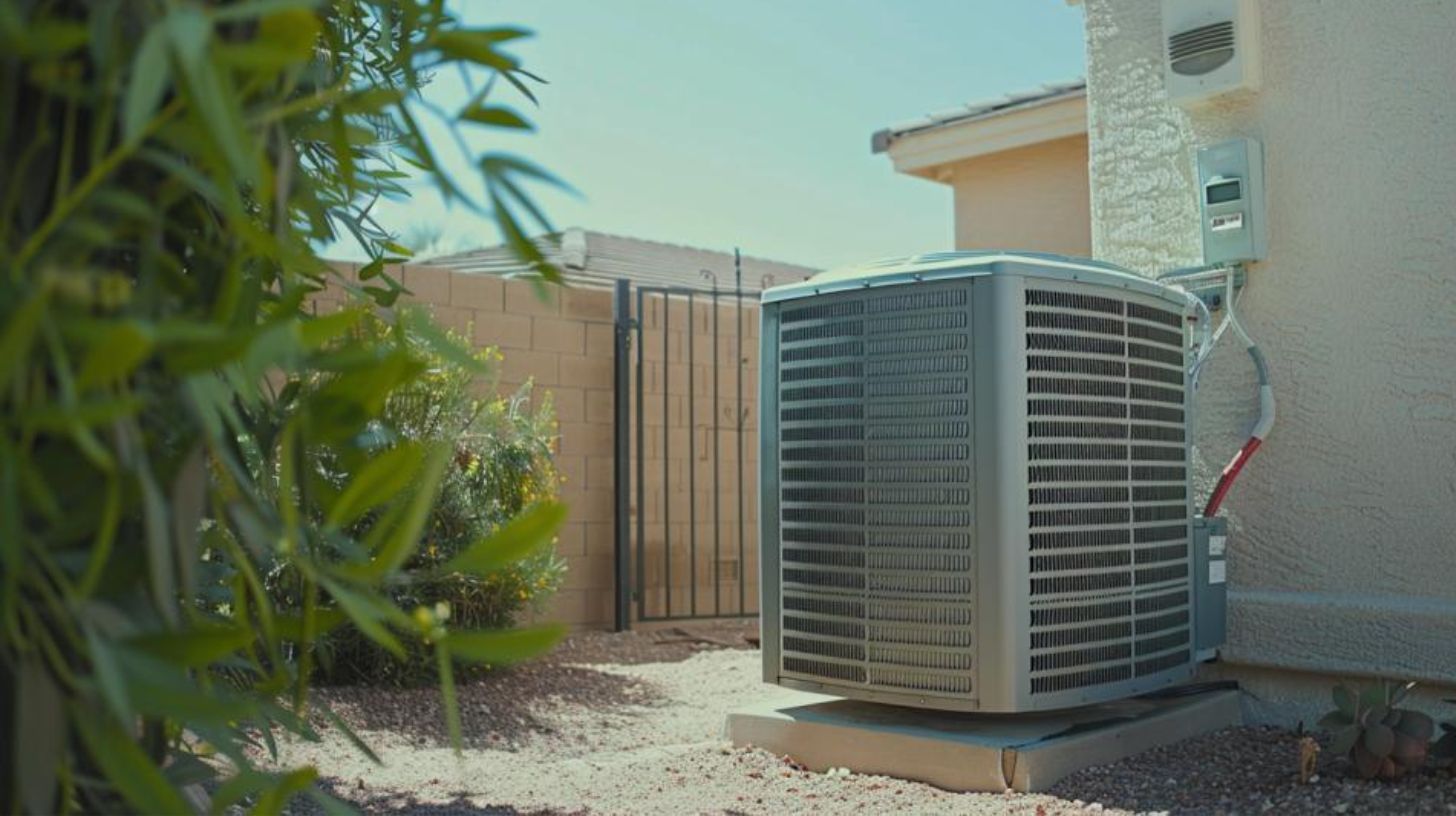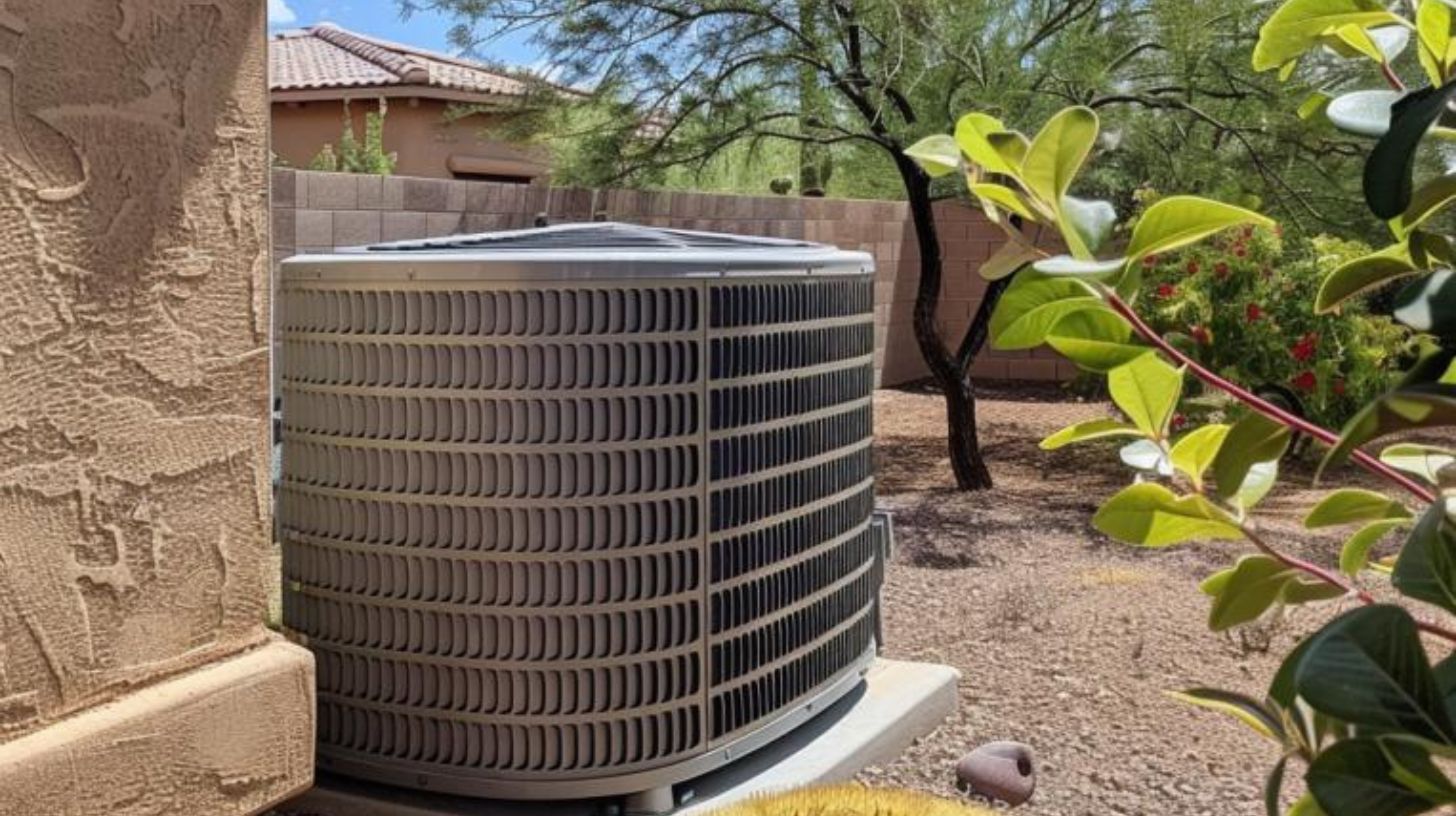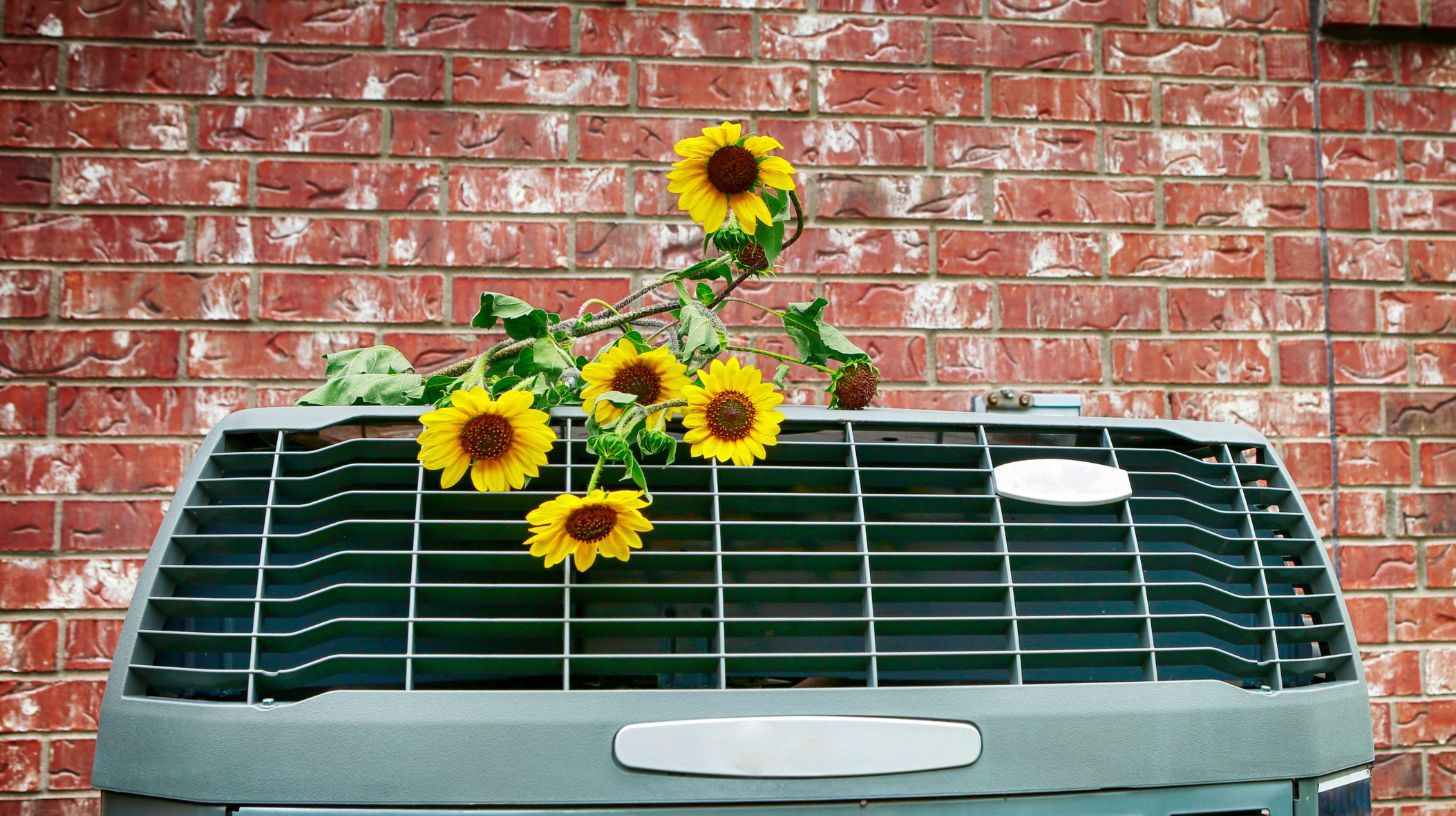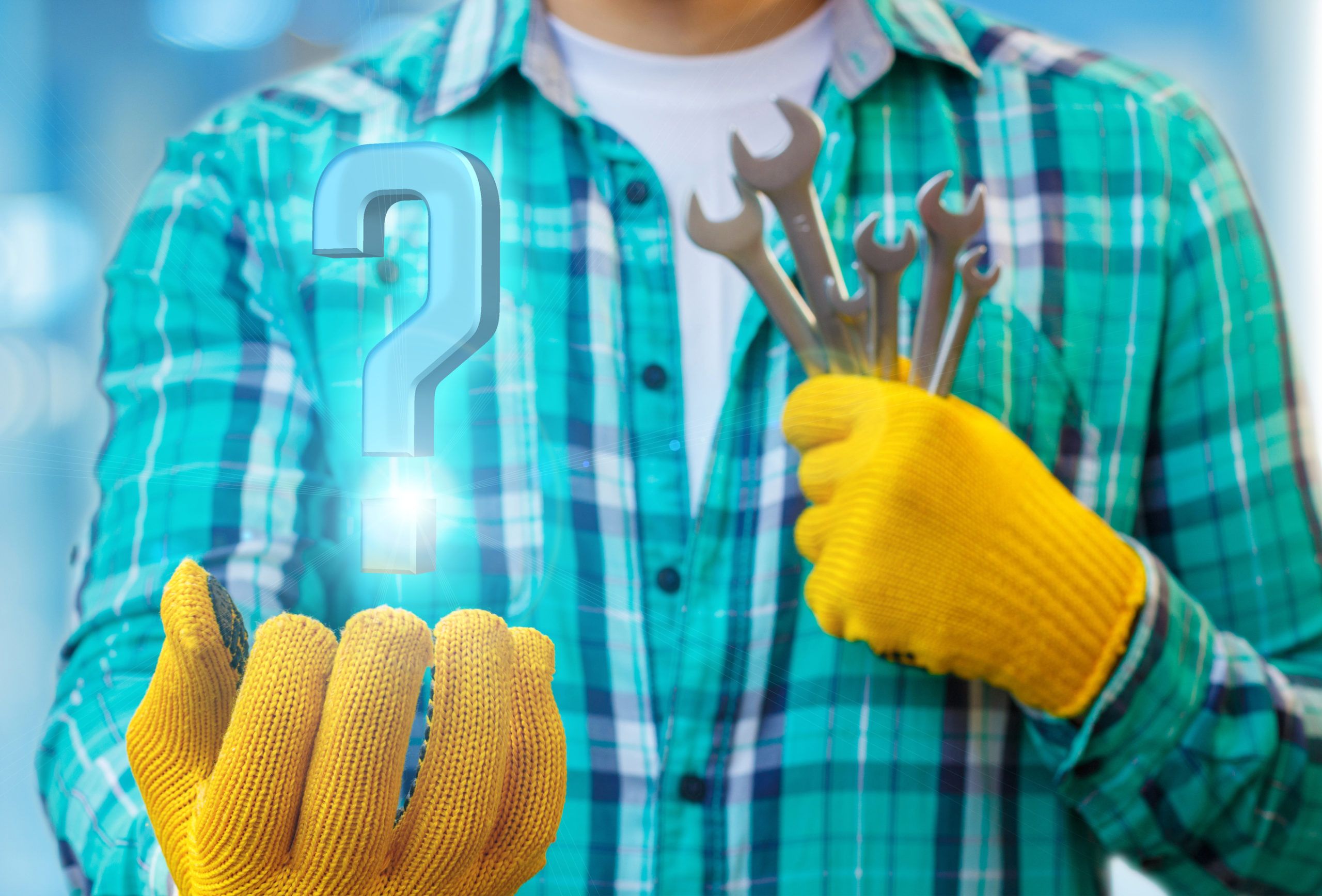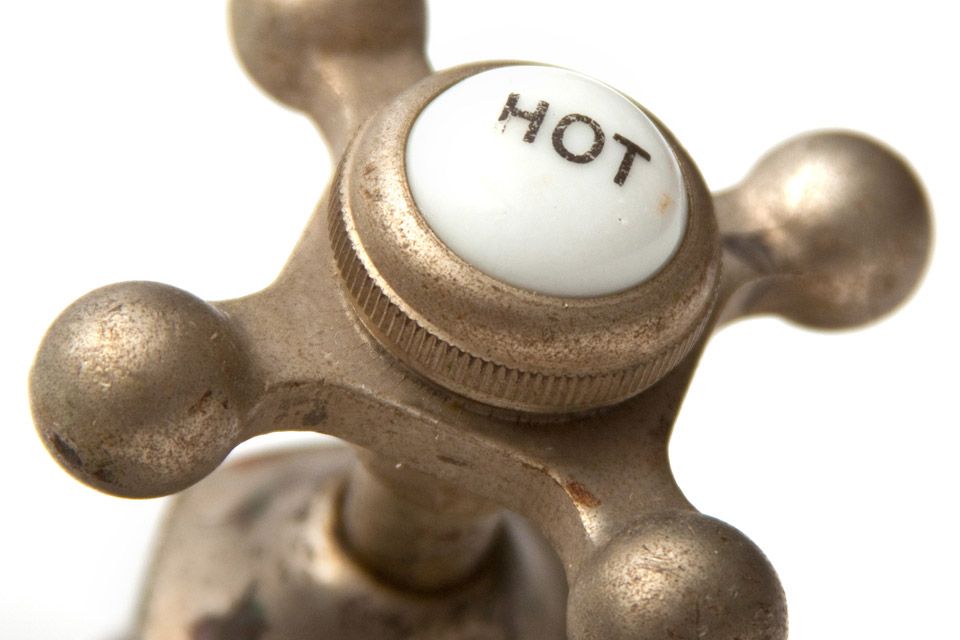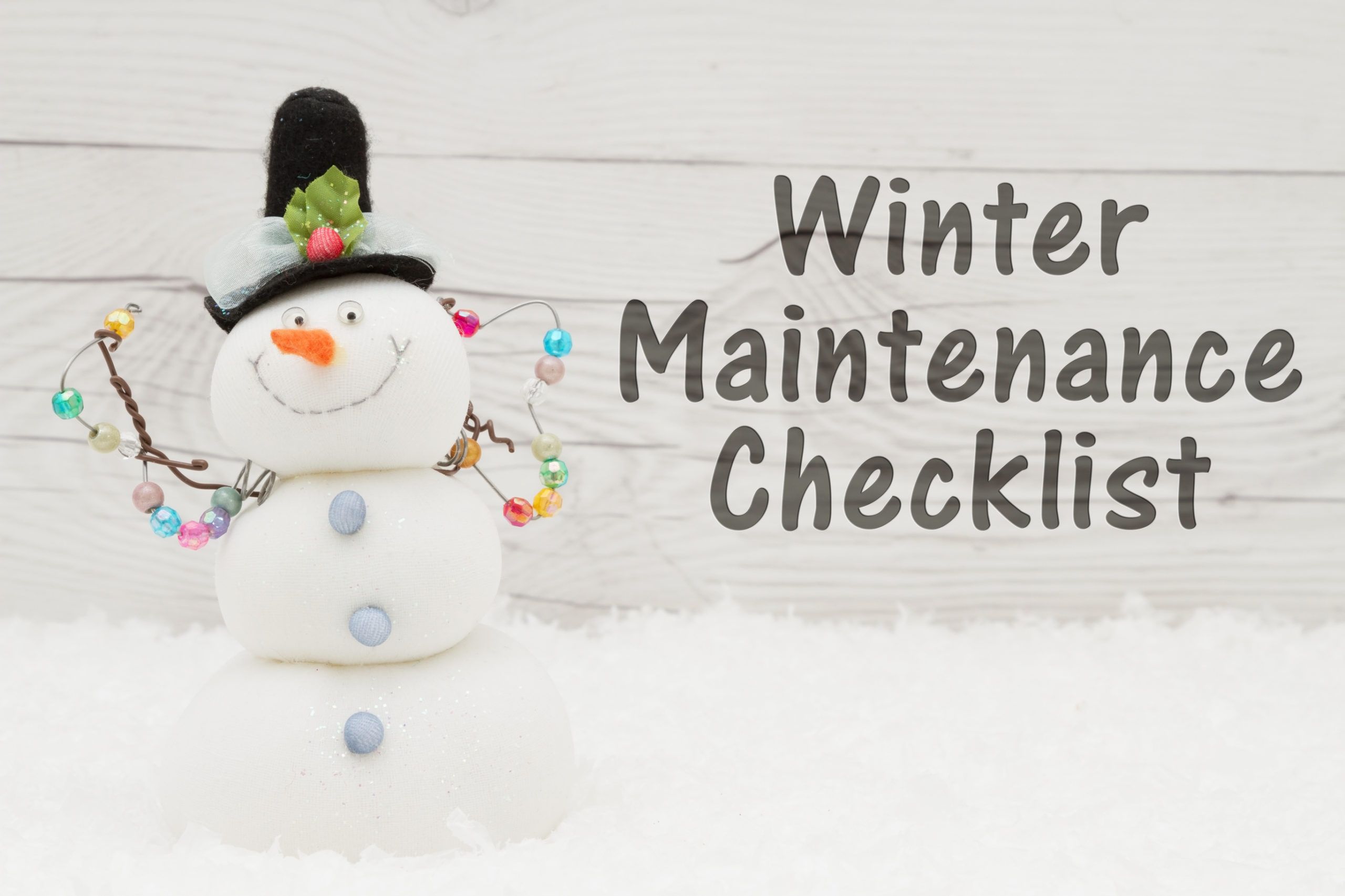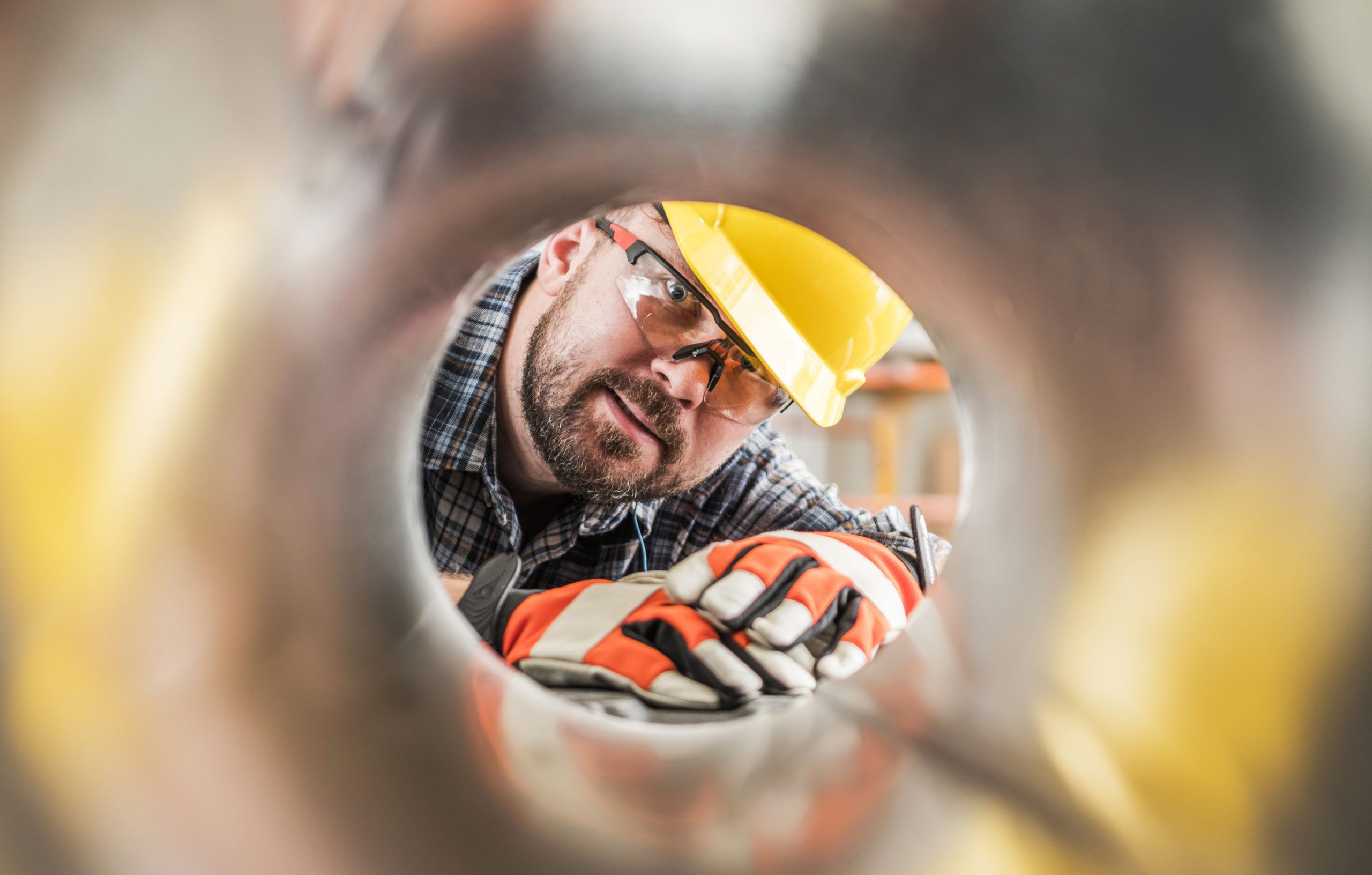Beat the Heat: Proactive AC Maintenance Strategies For The Summer
TL;DR: With summer approaching, it’s crucial to ensure your AC system is well-maintained to beat the heat efficiently. Regular maintenance enhances efficiency, reduces energy costs, and prevents major breakdowns, improving air quality and extending your AC’s lifespan. Look out for signs like reduced performance, strange noises, or increased energy consumption. Proactive maintenance includes tasks like cleaning filters, coils, and condensate drains, as well as scheduling professional inspections.
With summer on the horizon, temperatures are going to start to reach that point where we all turn to our ACs for comfort. Given the heavy use of your air conditioning (AC) system in the summer heat, you need to make sure that it’s in optimal operating condition.
Proactive AC care is the key to beating the heat and avoiding potential breakdowns during the hottest months of the year. By taking the time to give your AC system the attention it needs, you not only guarantee your comfort but also reduce energy costs.
Are you ready to beat the heat with our proactive maintenance strategies?
Today, we’ll walk you through the benefits of proactive AC maintenance and how to recognize the signs that your AC needs attention. So, let’s dive right in!
What You Gain From Proactive AC Maintenance
There are many benefits to performing regular maintenance on your AC system. It enhances the efficiency of your unit, enabling it to effectively cool off your home. Having your AC operate with increased efficiency translates into lower energy bills which means bigger financial savings.
By keeping your AC system in peak condition, you can also prevent major breakdowns that would require costly repairs or even a premature replacement of the unit. Proactive AC care improves the air quality in your home as long as you keep your filters, coils, and ducts clean.
Also, by removing dust, allergens, and other air pollutants, your air conditioning system creates a healthy living environment for every household member. And lastly, regular maintenance will help your AC system last longer, extending its lifespan by years and minimizing your environmental impact.
Signs That Your AC Needs Maintenance
It’s vital to know and be able to recognize the signs that suggest your AC system requires maintenance. Let’s go over the most common ones:
Reduced Performance.
If you notice that the cooling performance of your AC is diminishing, it’s a telltale sign that it needs attention. The usual reasons your AC might be having difficulties cooling your household include dirty filters, clogged coils, or a malfunctioning thermostat.
Unusual Noises or Odors
If you notice strange noises or foul odors emanating from your AC, this is a major red flag. Grinding, rattling, or squealing sounds often mean that there’s a mechanical issue that you need to address. Foul odors could indicate the presence of mold or mildew growth on the inside, ending up affecting your indoor air quality and potentially causing health risks.
Increased Energy Consumption
Another sign of AC trouble to watch out for is an increase in energy consumption. If your energy bills have been steadily rising without any changes in usage, it may indicate that your AC is struggling and is in need of regular maintenance.
Proactive AC Maintenance Strategies for Beating the Heat
To beat the heat this summer and keep your AC system running smoothly, it’s essential to implement proactive maintenance strategies. Here are some key strategies to consider:
- Clean and Replace Filters. Clean or replace your AC filters every month to improve airflow and the overall quality of the indoor air. A clogged filter affects the cooling and can put a significant strain on your system, leading to potential breakdowns.
- Check and Clean Coils. Regularly inspecting and cleaning your AC coils is vital to removing mechanical obstacles that hinder heat transfer, such as dust or debris. Clean coils enhance cooling efficiency and reduce energy consumption.
- Lubricate AC Fan Motors and Belts. Properly lubricate AC fan motors and belts to reduce the associated friction and protect the system from excessive wear. This maintenance task can significantly increase how long your AC lasts and how it performs.
- Test and Adjusting Thermostat Settings. Remember to constantly check and calibrate your thermostat so that you receive precise and accurate temperature readings, which help you set up optimal cooling performance. Energy savings are one of the great benefits of a properly set thermostat, but so is a comfortable indoor environment.
- Checking and Cleaning AC Condensate Drain. The AC condensate drains tend to get blocked over time, so draining helps prevent clogs and water leakage. A blocked drain can lead to water damage and mold growth, compromising both your AC system and indoor air quality.
- Clearing Debris Around the Outdoor Unit. Make sure to regularly clear up branches, leaves, and other debris that might gather on the outdoor unit. This allows for proper airflow and helps prevent potential issues and subsequent damage to the unit.
- Scheduling Regular AC Maintenance Appointments. Last but not least, make sure you schedule regular maintenance appointments with a professional AC maintenance service. They’ll perform comprehensive inspections, identify potential issues, and carry out necessary repairs or adjustments.
Hiring a Professional AC Technician for Maintenance
Whether your AC is in a state requiring maintenance, you should turn to professional services for comprehensive AC care. Qualified AC technicians have the necessary expertise and detailed knowledge to asses your system and pinpoint potential issues that you might not be able to notice yourself.
Professional AC maintenance services also have the necessary tools and equipment to identify issues, reach inaccessible areas of your AC, and perform any necessary repairs. Experts can perform tasks such as inspecting electrical connections, checking refrigerant levels, testing thermostat accuracy, and cleaning condensate drains.
By hiring a professional AC technician for regular maintenance, you can rest easy while they address any issues immediately, prolonging the life of your AC system and tuning it up for the hard work it is facing in the summer heat.
DIY AC Maintenance Tips
Most AC maintenance and repair tasks should be left to the professionals. However, there are several things you can do on your own to help improve the AC system’s performance.
One of the easiest things you can do on your own is to regularly clean your filters, or maybe replace them. Dirty filters restrict airflow, reducing the efficiency of your system. A good rule of thumb is to clean them monthly and replace them at least once during the what season to ensure proper airflow and cleaner indoor air.
Cleaning your AC system’s coils is another vital maintenance tip you can do by yourself. With regular use, these coils accumulate debris and dirt particles that can get in the way of heat transfer and reduce the cooling capacity of your AC. You only need a soft brush to clean the coils gently, or alternatively, you can use a vacuum cleaner.
Additionally, lubricating AC fan motors and belts can reduce the risk of your AC breaking down by way of preventing wear and tear. Ensure you use the appropriate lubricant recommended by your AC manufacturer to avoid any damage.
Conclusion
In conclusion, proactive AC care is essential for beating the summer heat and creating a comfortable, cool environment in your home. By understanding the importance of regular maintenance, recognizing signs that your AC system needs attention, implementing easy DIY tips, and seeking professional assistance, you can ensure optimal performance and prolong the lifespan of your AC unit.
With proactive AC care, you can stay cool, save on energy costs, and enjoy the summer months to the fullest. So, if you’d like to be prepared to beat the heat this summer, Sempre Fi Heating & Cooling has proactive maintenance strategies to cater to your needs.
Contact us to schedule a tune-up and enjoy a cool and carefree summer!
